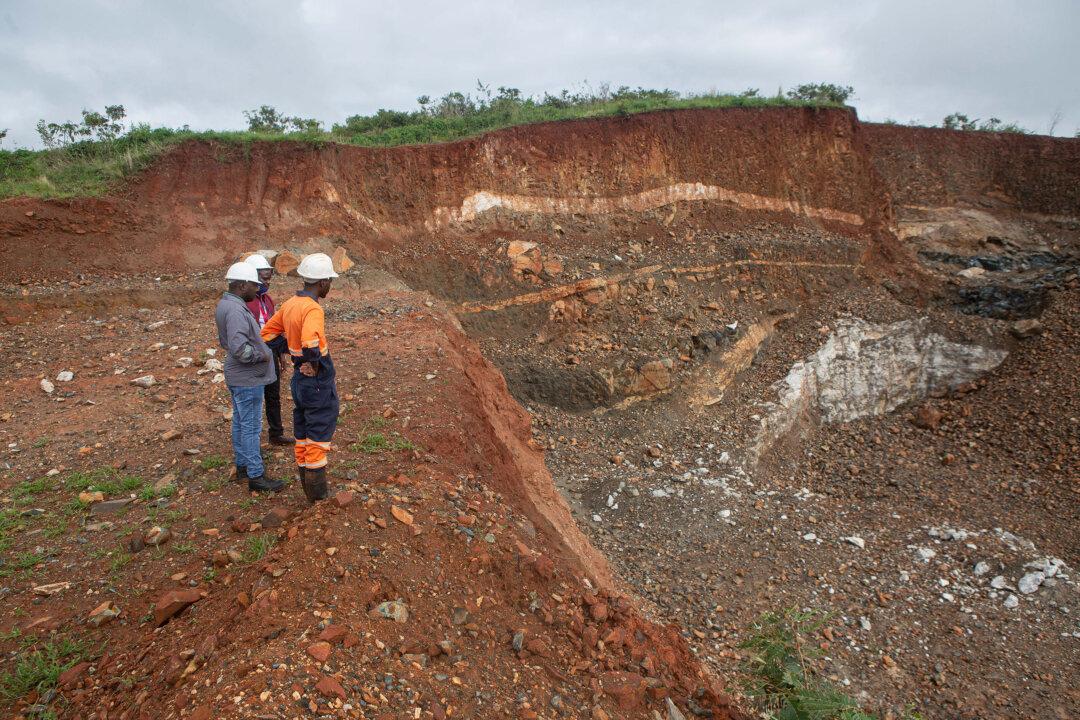JOHANNESBURG—Chinese mining companies are colluding with organized crime groups, terrorists, and corrupt government officials to operate illegal mines in Africa and to effectively steal valuable minerals and metals, according to security experts and intelligence analysts.
Several foreign and African diplomats told The Epoch Times of rising tensions between Beijing and some African administrations because of the unfolding situation and the presence of Chinese criminals in their countries.





